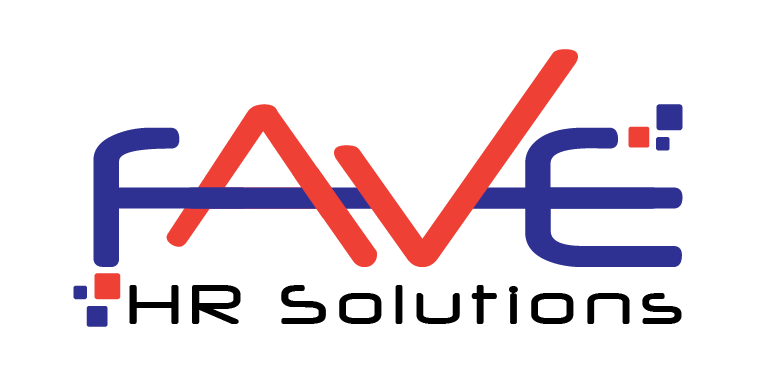
In today’s competitive job market, choosing the right recruitment strategy is crucial for any business. With the evolving needs of organizations, Recruitment Process Outsourcing (RPO) has emerged as a robust alternative to traditional recruitment methods. In this blog, we’ll delve into the differences between RPO and traditional recruitment, exploring their respective advantages and disadvantages to help you make an informed decision.
Traditional Recruitment: An Overview
Traditional recruitment methods have been the cornerstone of hiring for many years. Typically, this approach involves companies managing the recruitment process internally, including job postings, candidate screenings, interviews, and hiring decisions. While this method has served many businesses well, it comes with its own set of challenges.
Disadvantages of Traditional Recruitment:
High Costs: Traditional recruitment often involves significant costs, including advertising fees, recruiter salaries, and administrative expenses. These costs can quickly add up, especially for businesses with high turnover rates or large-scale hiring needs.
Time-Consuming: Managing the recruitment process internally can be incredibly time-consuming. From crafting job descriptions to conducting interviews and negotiating offers, the process can take several weeks or even months. This delay can result in lost opportunities, as top talent may accept offers elsewhere.
Limited Reach: Traditional recruitment methods may not always reach a broad audience. Relying on job boards and local networks can limit the pool of candidates, potentially missing out on highly qualified individuals who are not actively seeking new opportunities.
Inconsistent Quality: Without a standardized recruitment process, the quality of hires can vary significantly. Inconsistent procedures and subjective decision-making can lead to suboptimal hires, affecting overall team performance and productivity.
Administrative Burden: Managing the entire recruitment process internally can place a significant administrative burden on HR teams. This can divert attention from other critical HR functions, such as employee development and engagement.
Recruitment Process Outsourcing (RPO): A Modern Solution
RPO is a strategic approach where businesses outsource all or part of their recruitment processes to a specialized provider. This model offers a range of benefits that can address the limitations of traditional recruitment.
Advantages of RPO:
Cost Efficiency: RPO providers offer a cost-effective solution by leveraging economies of scale. Businesses can benefit from lower recruitment costs and reduced overhead, as RPO providers handle all aspects of the recruitment process, including advertising, candidate sourcing, and screening.
Time Savings: RPO solutions streamline the recruitment process, significantly reducing time-to-hire. With access to advanced recruitment technologies and dedicated teams, RPO providers can quickly identify and engage top talent, accelerating the hiring process.
Broader Talent Reach: RPO providers utilize a variety of channels and networks to reach a wider pool of candidates. Their expertise in sourcing and recruiting ensures that businesses have access to a diverse and qualified talent pool, enhancing the chances of finding the right fit.
Consistent Quality: RPO providers implement standardized recruitment processes and best practices, ensuring a consistent and high-quality approach to hiring. This results in better candidate matches and improved overall recruitment outcomes.
Reduced Administrative Burden: By outsourcing recruitment functions, businesses can free up their HR teams to focus on strategic initiatives, such as employee development and organizational growth. RPO providers handle the administrative aspects of recruitment, reducing the workload on internal teams.
Scalability: RPO solutions offer scalability to meet changing recruitment needs. Whether a business is experiencing rapid growth or seasonal fluctuations, RPO providers can adjust their services accordingly, providing flexibility and agility in hiring.
Conclusion
Both traditional recruitment and RPO have their merits, but RPO offers distinct advantages in terms of cost efficiency, time savings, and recruitment quality. By understanding the differences and benefits of each approach, you can make an informed decision that aligns with your business needs. Embracing RPO can streamline your hiring process and help you attract and retain top talent, ultimately contributing to your organization’s success.

